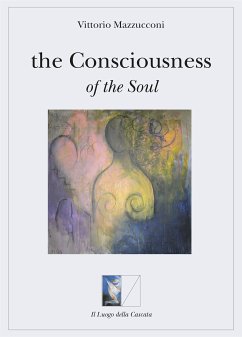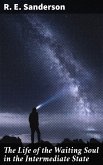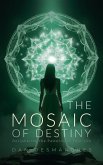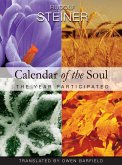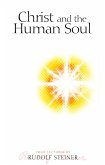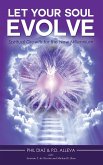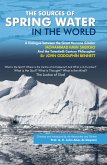The book begins with Qoelet's famous phrase: vanitas vanitatum, which concludes by saying that the important thing is to eat and drink, as is true of all animals, which thus pursue survival and reproduction. A common path of experience and knowledge of which the author reads the true beginning, for man, in the formation of his individual soul, mentionned by the biblical "expulsion". A path that I call progressive awareness, of the world and of ourselves. Consciousness is another thing, consciousness of the soul, that is, of what is beyond this plane.
What is the soul? It is being: religion and art speak of it, while philosophy often loses sight of it. The author proposes another interpretation, that of a soul similar to the moon. Just as the moon revolves around the earth, so the soul revolves around our physical body, as part of an inner mini-solar system that has at its centre a sun, the same as the outer one. We must look to it, which is our true centre, and not merely live superficially. Not just look at it but breathe into it, with an inhalation towards the centre and an exhalation towards its circumference. On another scale, the concept of a breathing universe, expanding and contracting, is thus presented, a concept that science does not yet know, while religion intuits at least a part of it, such as the return to God.
Jung also sees only one part of it, reading it as the path that leads from the Ego to the Self, that is to the achieved psychic equilibrium of the individuated man. However, he only explores the last stretch of the path, and stops before the next one, where the Self reveals itself to be the soul, that is, the essence, of which it is now necessary to become aware.
The world in which we live, on the other hand, has forgotten the Self, the soul and God, terms that have a common meaning; it banishes the thought of death, that is, of the cycle of life of which it is a part. If it sometimes becomes aware of this, it calls its meagre existence vanitas vanitatum, whereas this is only the story of the world of existence, at the root of which is the world of being, the truth of which we forget.
What is the soul? It is being: religion and art speak of it, while philosophy often loses sight of it. The author proposes another interpretation, that of a soul similar to the moon. Just as the moon revolves around the earth, so the soul revolves around our physical body, as part of an inner mini-solar system that has at its centre a sun, the same as the outer one. We must look to it, which is our true centre, and not merely live superficially. Not just look at it but breathe into it, with an inhalation towards the centre and an exhalation towards its circumference. On another scale, the concept of a breathing universe, expanding and contracting, is thus presented, a concept that science does not yet know, while religion intuits at least a part of it, such as the return to God.
Jung also sees only one part of it, reading it as the path that leads from the Ego to the Self, that is to the achieved psychic equilibrium of the individuated man. However, he only explores the last stretch of the path, and stops before the next one, where the Self reveals itself to be the soul, that is, the essence, of which it is now necessary to become aware.
The world in which we live, on the other hand, has forgotten the Self, the soul and God, terms that have a common meaning; it banishes the thought of death, that is, of the cycle of life of which it is a part. If it sometimes becomes aware of this, it calls its meagre existence vanitas vanitatum, whereas this is only the story of the world of existence, at the root of which is the world of being, the truth of which we forget.

